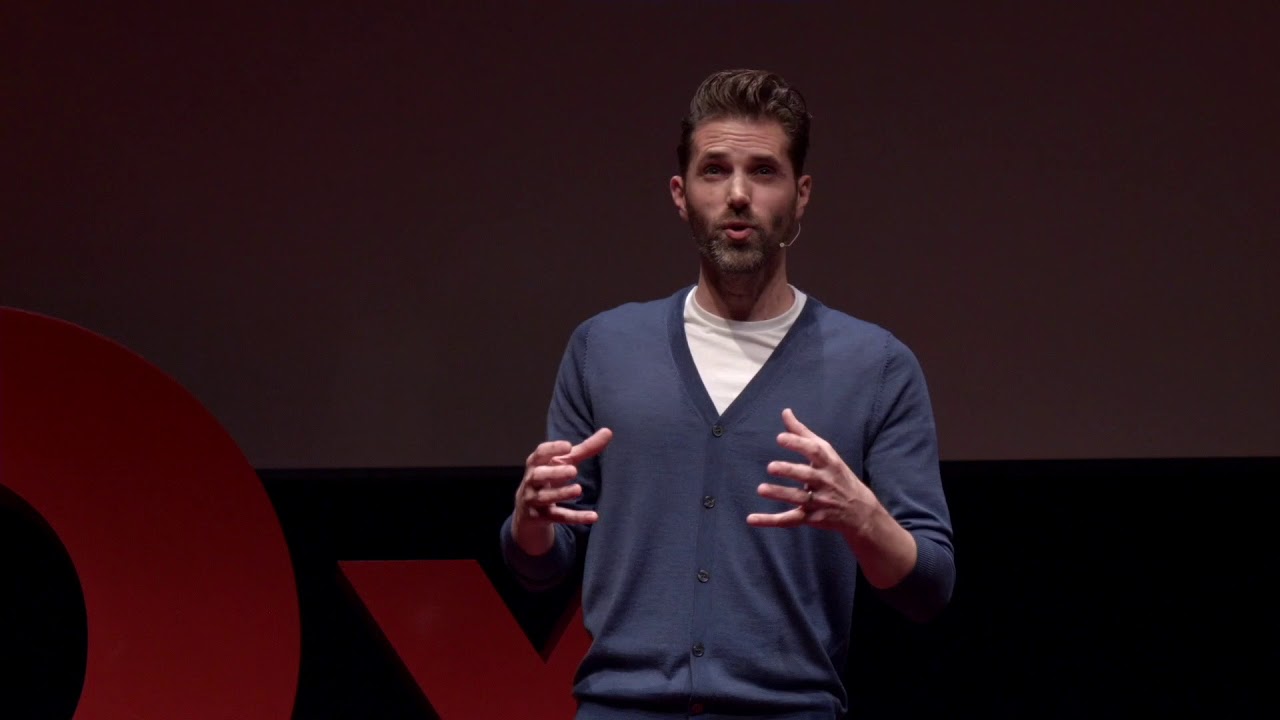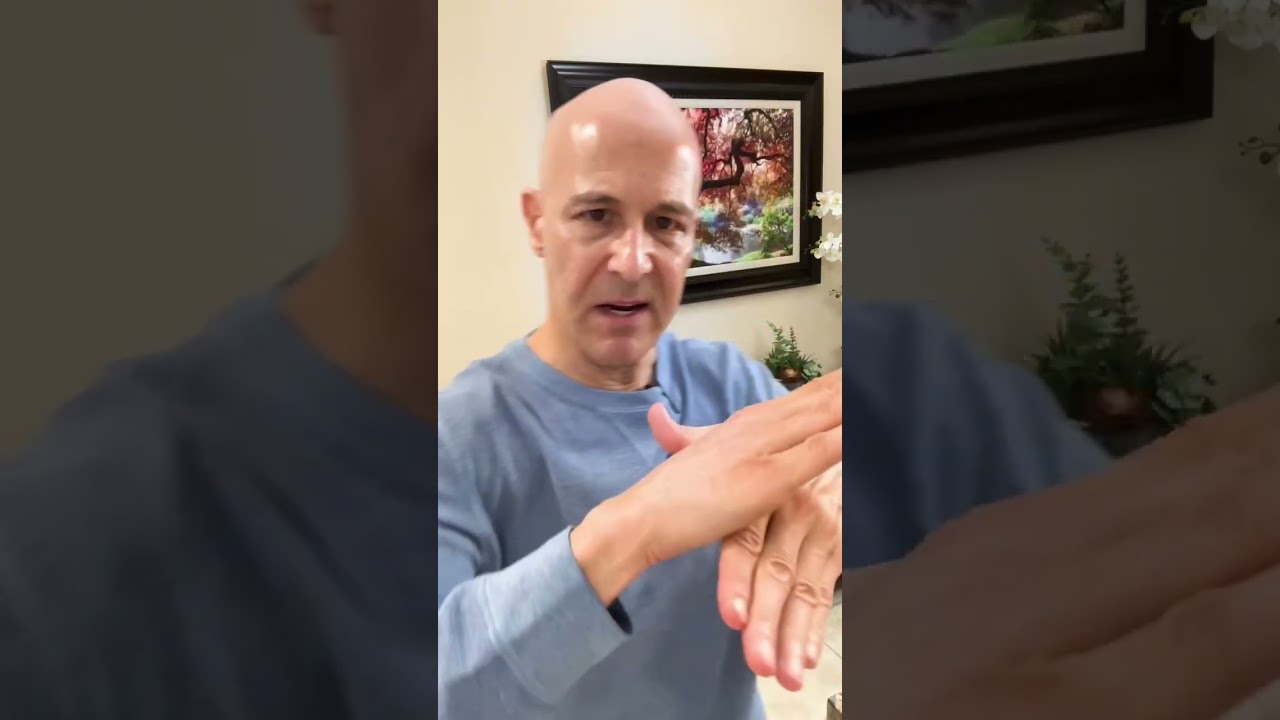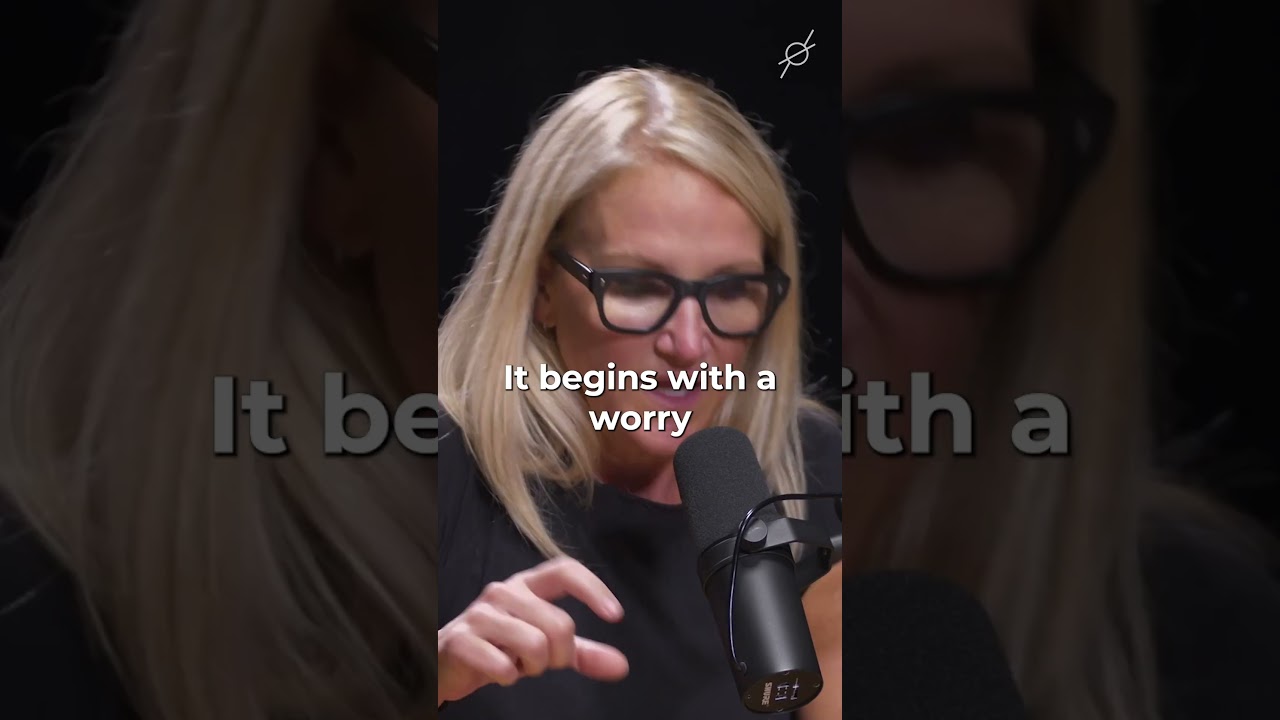Anxiety is a significant struggle for many people, impacting millions around the globe. It can feel all-consuming and overwhelming, especially for parents worried about their children’s well-being. If you’re grappling with how to stop anxiety, you’re not alone. Thankfully, numerous effective and evidence-based techniques can help you manage and ultimately ease anxiety. This article dives deeply into key strategies so you can reclaim not just your mental health but your overall quality of life. After all, knowing how to lower stress and manage feelings of anxiety is crucial for both yourself and your loved ones.

Top 7 Effective Techniques to Stop Anxiety
CBT is a heavily researched and well-respected method for addressing anxiety. This type of therapy teaches you to identify negative thoughts and replace them with healthier, more balanced views. For instance, studies published in The American Journal of Psychiatry reveal that individuals who engage in CBT often experience significant reductions in their anxiety symptoms within a few months. Dive into CBT, and you’ll start to notice shifts in thought patterns that can lower your stress and help you manage daily challenges effectively.
Embracing mindfulness and meditation practices can drastically change your relationships with anxiety. Using apps like Headspace and Calm gives you access to plenty of guided meditations explicitly designed for anxiety relief. A notable 2021 study published in JAMA Internal Medicine found that as little as 10 minutes of mindfulness meditation each day significantly reduces anxiety levels. If you find it tough to sit still, consider combining your mindful moments with daily walks—connecting with nature amplifies anxiety relief.
When it comes to how to stop anxiety, physical activity is a powerful tool in your toolkit. Regular exercise produces endorphins, which boost your mood and mitigate anxiety symptoms. The Mayo Clinic recommends aiming for at least 150 minutes of moderate aerobic activity weekly. Simple activities such as brisk walking, cycling, or yoga can be transformational. Take it from yoga instructor Adriene Mishler, who emphasizes the importance of breathwork and mindfulness through her online classes. Many have found these accessible practices to be vital in alleviating anxiety.
Focusing on your breath is an easy yet effective way to curb anxiety. The 4-7-8 breathing technique involves inhaling for four seconds, holding for seven seconds, and exhaling for eight seconds. This practice activates your body’s relaxation response and is straightforward to use in high-stress situations. Finding a comfortable place and doing this for a few minutes can lead to meaningful shifts in anxiety levels.
Quality sleep is essential for effective anxiety management. If you’ve been wondering how to stop anxiety, consider the role sleep plays in your life. Inconsistent sleep schedules or screen time before bed can peak anxiety and lead to a tumultuous cycle. The National Sleep Foundation emphasizes that inadequate sleep is directly linked to higher anxiety and depression levels. Establish a soothing bedtime routine, keep a consistent sleep schedule, and watch how your mental health begins to flourish.
What you eat affects how you feel—particularly regarding anxiety. Diets rich in omega-3 fatty acids, leafy greens, and whole grains can have a favorable impact on anxiety symptoms. Research published in Psychosomatic Medicine shows that individuals adhering to a Mediterranean diet report lower anxiety levels. Foods high in magnesium, like almonds and spinach, are also effective. Start introducing these nourishing foods into your day-to-day meals; small changes can ripple into substantial benefits for your mental health.
Learning how to help someone with depression is like learning how to navigate rough waters with compassion. Having a solid support system alleviates some of the burdens that come with anxiety and provides access to crucial resources. Organizations like NAMI (National Alliance on Mental Illness) offer resources, support groups, and education designed for people facing these challenges. Don’t underestimate the power of community—having a network of support is invaluable in your journey to managing anxiety.

Transforming Anxiety: The Path Forward
Though the path to discovering how to stop anxiety can feel riddled with hurdles, it’s vital to understand that effective strategies are available and within your grasp. Each individual may resonate differently with the techniques shared here; your goal should be to explore a combination of these approaches. Through patience and commitment, you can break free from the grip of anxiety while supporting your loved ones impacted by addiction.
Prioritizing mental health means embracing a holistic approach that considers both your mind and body. If you or someone you know struggles with anxiety, start small. Commit to trying one or two techniques outlined above; you may find one that fits seamlessly into your life. As you embark on this journey, remember that overcoming anxiety is a possibility. With determination and the right tools, you can navigate life’s unpredictability with greater ease. Ultimately, mastering how to deal with depression or anxiety not only enriches your life but allows you to be present in the lives of those you care for, including your children.
Together, we can cultivate resilience and transformation amidst life’s challenges, supporting one another as we search for peace, clarity, and connection.
For more detailed guidance on improving your mental health, visit Mothers Against addiction, where we stand together in compassion, support, and awareness.

How to Stop Anxiety: Engaging Facts and Fun Trivia

Understanding Anxiety and Its Impact
Did you know that many people experience anxiety, but it often goes unrecognized? In fact, understanding the psychotic definition can help demystify some symptoms. This recognition is essential because it supports individuals struggling with anxiety in taking steps to heal. The brain’s wiring plays a significant role; interestingly, some researchers relate anxiety to changes in brain chemistry, similar to conditions like bipolar disorder. Understanding these connections can motivate those aiming to find how to stop anxiety effectively.

Fun Facts That Boost Confidence
You might find it curious that engaging with media, such as movies featuring Andrew Garfield, could actually help reduce anxiety. The way stories unfold can offer relief and distract from intrusive thoughts. Plus, humor is a fantastic tool! Laughter not only elevates your mood, but it can also alter your body’s chemistry in a way that aids in relaxation. You might be amazed to hear that a good chuckle can decrease stress hormones, positioning laughter as a key player in how to stop anxiety in your daily life.
Practical Applications and Surprising Tidbits
Lastly, it’s worth noting that exposure to certain activities, like yoga or even enjoying some big Kahunas Photos, can provide visual comfort and grounding. Engaging in these forms of mental and physical release can be as effective as certain medications—some of which have been linked to anxiety relief. For instance, take Tramal, a medication often discussed among parents facing addiction challenges. Knowing all the tools at your disposal gives new hope in how to stop anxiety.
In quiet moments, consider the N word pass as a concept that highlights the power of language and context, shaping how we communicate our feelings. This underlines that understanding oneself and feeling comfortable expressing emotions are critical elements in battling anxiety. Techniques, humor, and knowledge—combined—can pave the way for a calmer mindset and a happier life.





























